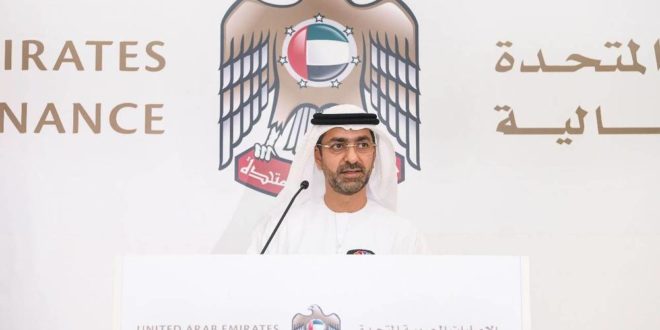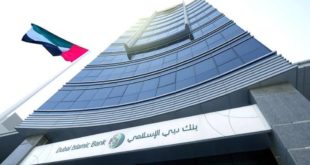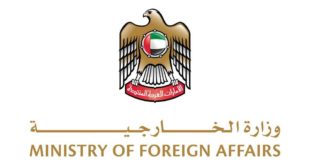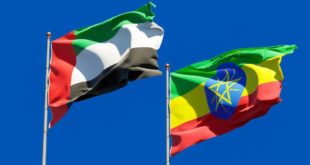The Ministry of Finance in the United Arab Emirates has announced the issuance of two new decisions specifying the main features of applying the corporate tax system to legal persons operating within the free zones in the country. This includes Cabinet Resolution No. (55) of 2023 regarding determining eligible income, and Ministerial Resolution No. 139 of 2023 regarding eligible activities and excluded activities.
The announcement came during a press conference held by the Ministry today in the presence of a group of local and international media. Younis Haji Al-Khoury, Undersecretary of the Ministry of Finance, opened the conference with a keynote speech in which he thanked the media professionals for their important role and effective contribution during the past months in spreading awareness and accurate information about corporate tax. The most important characteristics of the legislative phase of corporate tax, which was marked by the issuance of a federal decree-law in the matter of tax on business and companies, followed by Cabinet decisions and relevant ministerial decisions. His Excellency stressed the importance of corporate tax and its strategic dimensions to support the financial and economic sector in the country. The conference included a presentation on the application of corporate tax in free zones, by Shabana Begum, Executive Director of the Tax Policies Sector, in light of the decisions issued in this regard.
The corporate tax system for free zones is available to “people based in free zones”, which are legal persons incorporated, formed or registered in a free zone. The corporate tax system for free zones is only applicable within the areas specified for the free zones, and businesses can contact the free zone authorities in which they do business to ascertain whether the concerned free zone is eligible to benefit from the 0% corporate tax.
The corporate tax system for free zones applies only to income generated from activities that are carried out exclusively in or from within the free zone, and this meaning is confirmed by the definition of the term “qualified income”, which includes income generated from transactions with persons based in free zones, as well as domestic and foreign income arising From conducting any of the “eligible activities” specified in the relevant ministerial decision.
The “qualified activities” specified in the ministerial decision include manufacturing goods or materials, processing goods or materials, owning stocks and other securities, owning, managing and operating ships, reinsurance services, and money management services that are subject to regulatory oversight from the competent authority in the state, and services Wealth management and investments that are subject to regulatory control from the competent authority in the country, in addition to head office services for related parties, treasury and financing services for related parties, financing and leasing of aircraft including engines and rotating components, logistics services, and distribution in or from a specific region that meets the relevant conditions, And any other activities in support of the mentioned activities.
Income from certain Excluded Activities will not be treated as Eligible Income regardless of whether that income is generated by a person based in a free zone or as part of the exercise of a Qualifying Activity and, subject to certain exceptions, includes income Resulting from transactions with natural persons (individuals), income generated from some regulated financial services activities, income generated from intangible assets, and income generated from immovable funds other than transactions with a person based in the free zone regarding immovable funds located in a free zone.
A person based in the free zone earnings from “excluded activities” or profits from any other income that is not “eligible income” will result in that person being excluded from the corporate tax regime in the free zones in accordance with the minimum requirements. In order to meet the minimum requirements, the ineligible revenue generated by the free zone person should not exceed 5% of his total revenue or AED 5,000,000, whichever is less.
Also, according to the decisions, the revenues related to a local or foreign permanent establishment of a person existing in the free zone, as well as the revenues related to immovable funds located in the free zone and do not benefit from the corporate tax system in the free zones, will not be counted within the minimum limit, and then the taxable income will be subject to The relevant tax for the corporate tax system in the country is 9%.
In the event that the minimum requirements are not met, or the person existing in the free zone does not continue to meet any of the other qualifying conditions, then he will not be able to benefit from the corporate tax system in the free zones for a period of not less than five (5) years. During this period, the person based in the free zone will be considered an ordinary person subject to corporate tax at the rate of 9% on his taxable income that exceeds 375,000 dirhams.
 Media ININ Economy We Trust
Media ININ Economy We Trust








